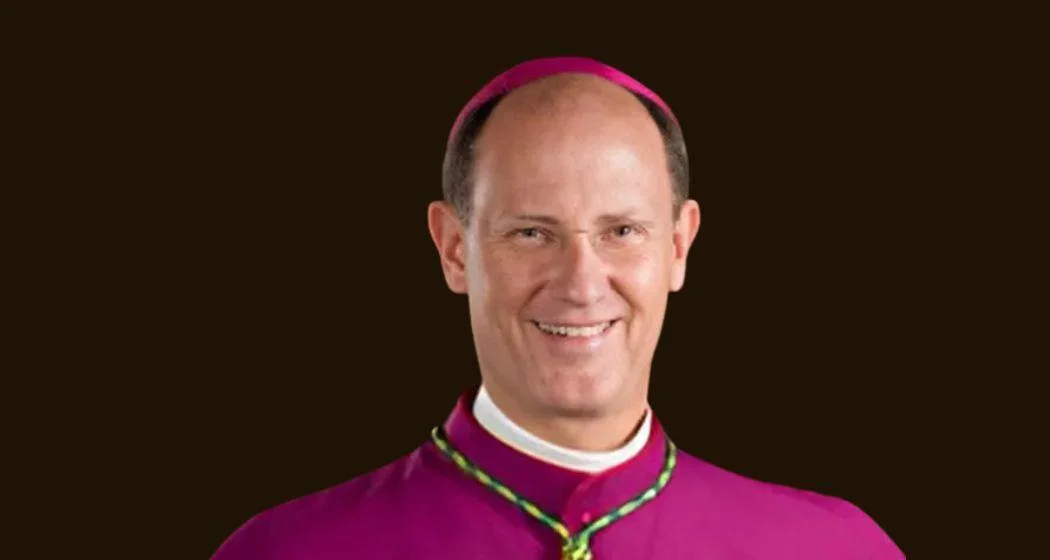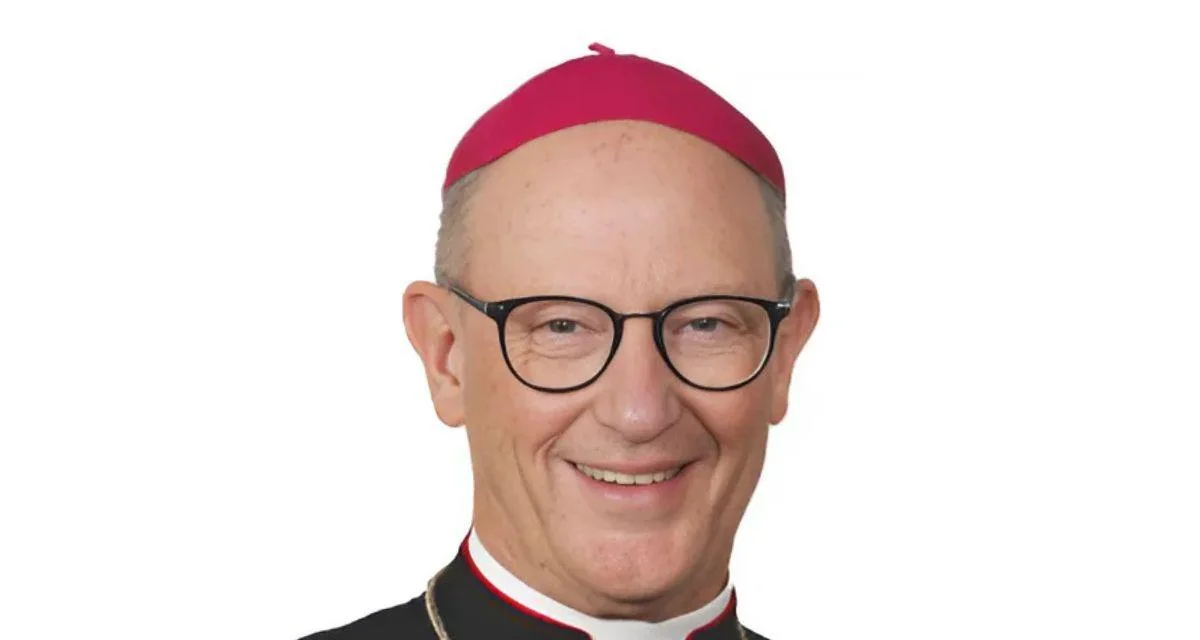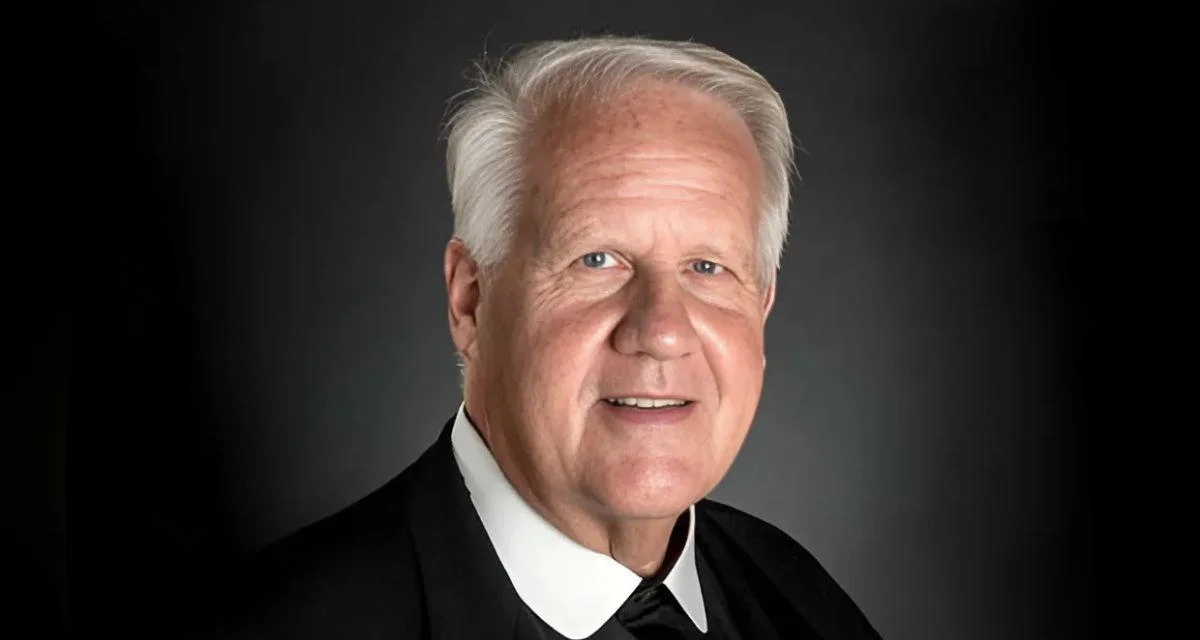
Rev. James D. Conley, D.D., S.T.L. | Diocese of Lincoln website
Much has been discussed about education freedom, also known as "School Choice," in Nebraska over the past year. Critics have often focused on political messaging that emphasizes systems and finances rather than families and children.
The director of Opportunity Scholarships of Nebraska (OSN), the state's largest scholarship-granting organization, shares insights based on experience. OSN collaborates with thousands of Nebraska families to access 170 partner schools. They utilize the tax credit incentive from LB753 to convert taxpayers' state income liability into scholarships for students seeking suitable educational options. This opportunity concludes on October 21. Additionally, they are implementing the new LB1402 "Education Scholarships" program, which provides a $10 million scholarship appropriation. The program has already attracted interest from over 5,000 Nebraska families, particularly from areas west of Omaha and Lincoln.
The stories shared by these families range from a single dad in the armed forces caring for his three children in central Nebraska to a recently widowed mom striving to keep her kids in one school without multiple jobs. Other narratives include a small business owner recovering from COVID-19 setbacks and a grandmother raising her grandchildren after their mother's sudden passing.
This November, Nebraskans will decide whether to retain Referendum 435 and protect these families' rights or repeal it. Supporters urge residents to vote RETAIN on Referendum 435 to defend parental rights within their communities.
Nebraska has invested significantly in public education, spending over $15,000 per student. Many parents supporting Opportunity Scholarships are current or former public school educators who recognize the need for both public education and school choice options. One parent stated, “We need great public schools... But my little one needs something different.”
Data indicates that approximately half of OSN applicants come from outside Lincoln and Omaha areas; more than a third fall below the poverty standard for the Children’s Health Insurance Program (213% of poverty), with most under 300% of poverty.
In other states and worldwide, educational opportunities like this are common due to their positive impact over decades. The expansion of such programs across the U.S., including firsthand experiences in Nebraska, is seen as beneficial for families and children's futures.
Local control is valued in Nebraska; nothing is more local than parents choosing what suits their child best. As political rhetoric intensifies, it's important to remember those whose lives are affected by this opportunity—a sentiment echoed by an emotional parent's message: “This scholarship means everything to us."
These families rely on voters to support RETAIN on Referendum 435 this election cycle.



 Alerts Sign-up
Alerts Sign-up